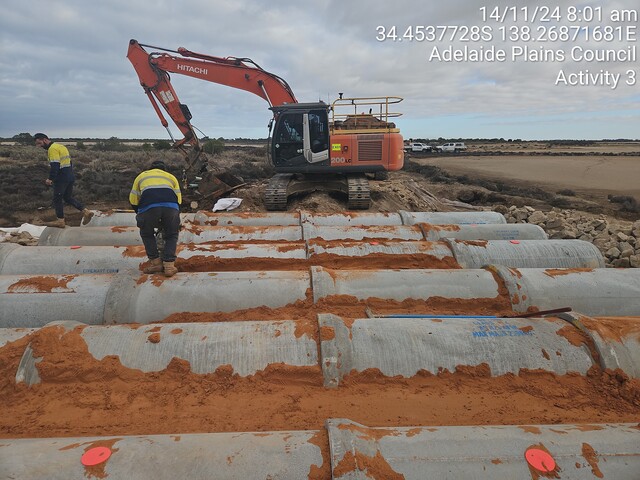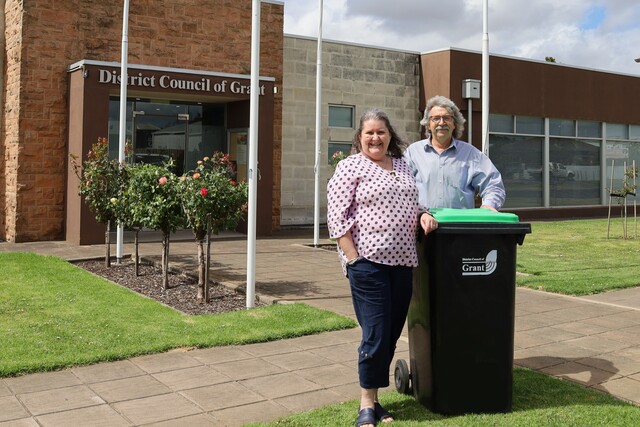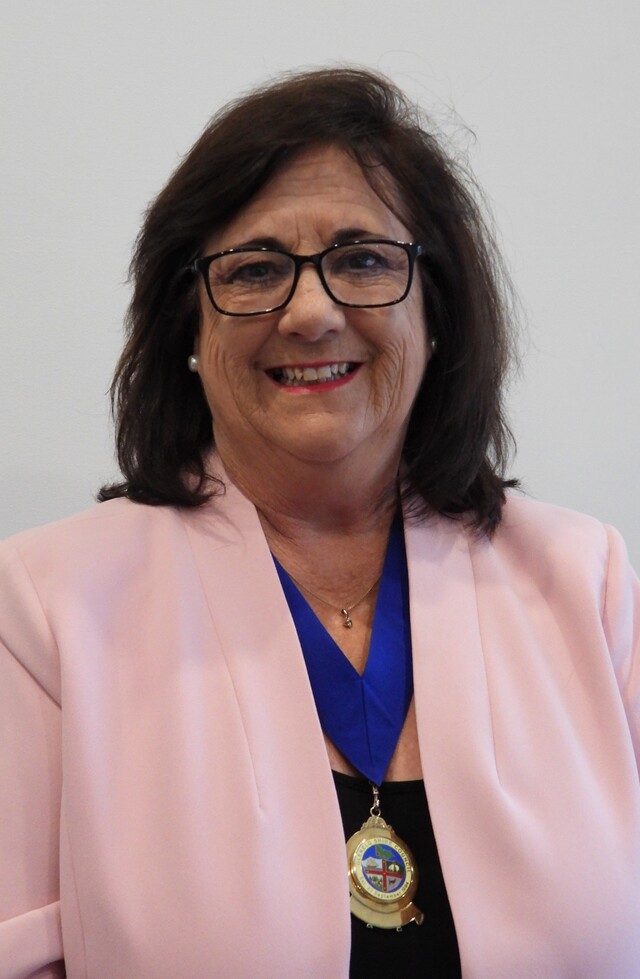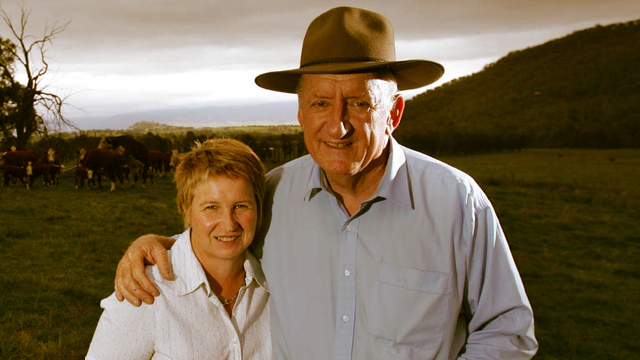Disability awareness training was introduced into South Sydney’s Council operations because staff needed a way to work with people with mental health issues. Training was included as part of Council’s competency system.
With Council’s recent amalgamation into the Greater Sydney City Council, the future of the program has not been decided, but it has certainly delivered results over the past two years.
According to Aged, Disability and Food Services Manager, Mark Spruhan, staff are better equipped to deal with people who have mental health problems and there is a greater degree of understanding.
“Staff had to complete the course and achieve certain standards to receive pay increases,” he said. “They also needed to demonstrate how they have applied the principles they have learnt in their day to day work.” South Sydney has a diverse population, ranging from residents in public housing to the wealthy people living in new developments, through to those living on the streets.
Recent research, Living on the Outside, showed that 90 per cent of the homeless people in the inner city have some type of mental health issue. South Sydney is also home to a large percentage of the hostels that provide temporary accommodation for people who are homeless. It also has the State’s largest population of people living with HIV or AIDS.
Mark Spruhan said some of South Sydney Council’s Customer Services Managers approached Disability Services for help on how to deal with ‘difficult’ people, including people with psychiatric disabilities.
“At the same time, some members of the public were frustrated with the service they were receiving from Council,” Mark Spruhan said. “We took the view that the problems could stem from staff’s lack of understanding of a person’s disability and knowing how to handle the situation.
“Council worked in partnership with several disability groups and individuals to develop the training package. A number of these people are now presenting training courses and providing practical advice on how to deal positively with potentially difficult situations.”
For further information contact Mark Spruhan, on (02) 9288 5369.







